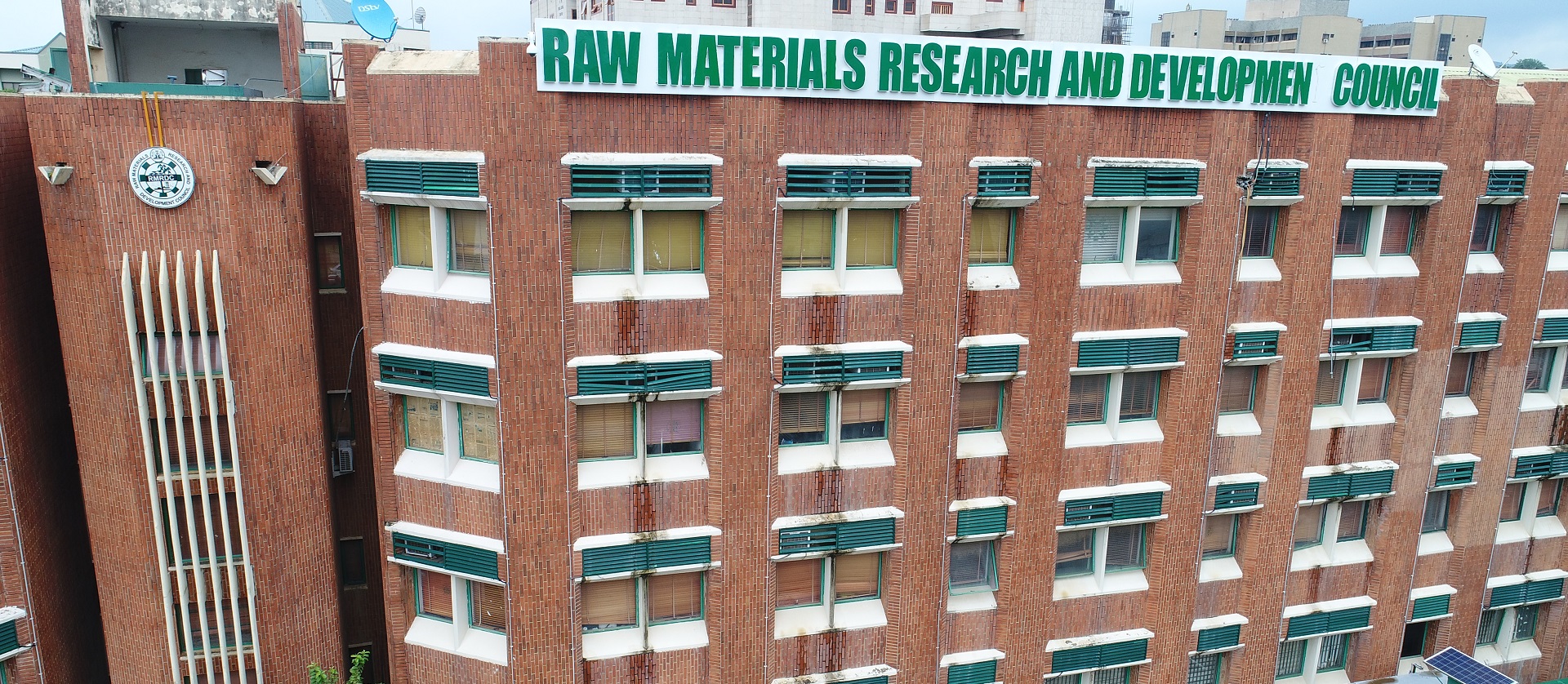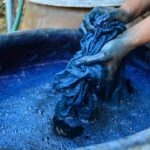The Raw Materials Research and Development Council has said efforts are being intensified to provide primary and secondary raw materials for the production of Personal Protective Equipment (PPE) in the country.
City & Crime reports that Personal Protective Equipment or PPE are equipment used to prevent or minimize exposure to hazards such as biological, chemical, radiological or electrical hazards.
Its usage came to the foe during the outbreak of COVID-19 across the world.
The Director-General of the Council, Prof Hussaini D. Ibrahim, said to boost its production locally, an expert committee was constituted to ensure the development of raw materials for manufacturing Personal Protective Equipment (PPE) and to localize the technologies utilised in transforming primary raw materials to secondary raw materials.
- NDLEA operatives’ stray bullets kill 2 during Lagos raid
- NGE institutes annual memorial lecture in honour of Jakande
Through this initiative, he said, the Council partnered with local industries to produce Polypropylene chips (PP), High-Density Polyethylene (HDPE) chips and Polyethylene Terephthalate (PET) as raw materials for PPE production.
According to him, the lack of necessary machinery for making PPE through the value addition of primary/secondary raw materials poses a very significant challenge with the emergence of COVID-19 in Nigeria.
‘’In the same vein, the Council installed a polypropylene melt-blown non-woven fabric technology at the Raw Materials Technology and Innovation Centre, Abuja.
He said in collaboration with the Nigerian Institute of Leather and Science Technology (NILEST), Kaduna State, FAMAD Nig. Ltd., Lagos State, and BRIMAC Int. Nig., Lagos State, the Council produced non-slip boots that met the World Health Organization (WHO) standard, using raw materials such as fibre-grade polyesters and PVC for the sole.
He said the Council partnered with stakeholders to ensure that nitrile raw materials are made available to local industries.
He said the Council, in collaboration with ABU Zaria, developed a microcontroller-based pulse oximeter with adaptive algorithm for non-invasive Covid-19 detection, adding that the device when placed onto a patient’s finger measures heart rate and oxygen saturation in the red blood cells as one of the important medical diagnoses.
‘’Among the other healthcare equipment developed locally is the automatic ventilator, which he said was not available prior to the outbreak of the pandemic.
He said the efforts were aimed at reducing the cost of importation and also promote the virility of the healthcare sector.

 Join Daily Trust WhatsApp Community For Quick Access To News and Happenings Around You.
Join Daily Trust WhatsApp Community For Quick Access To News and Happenings Around You.

